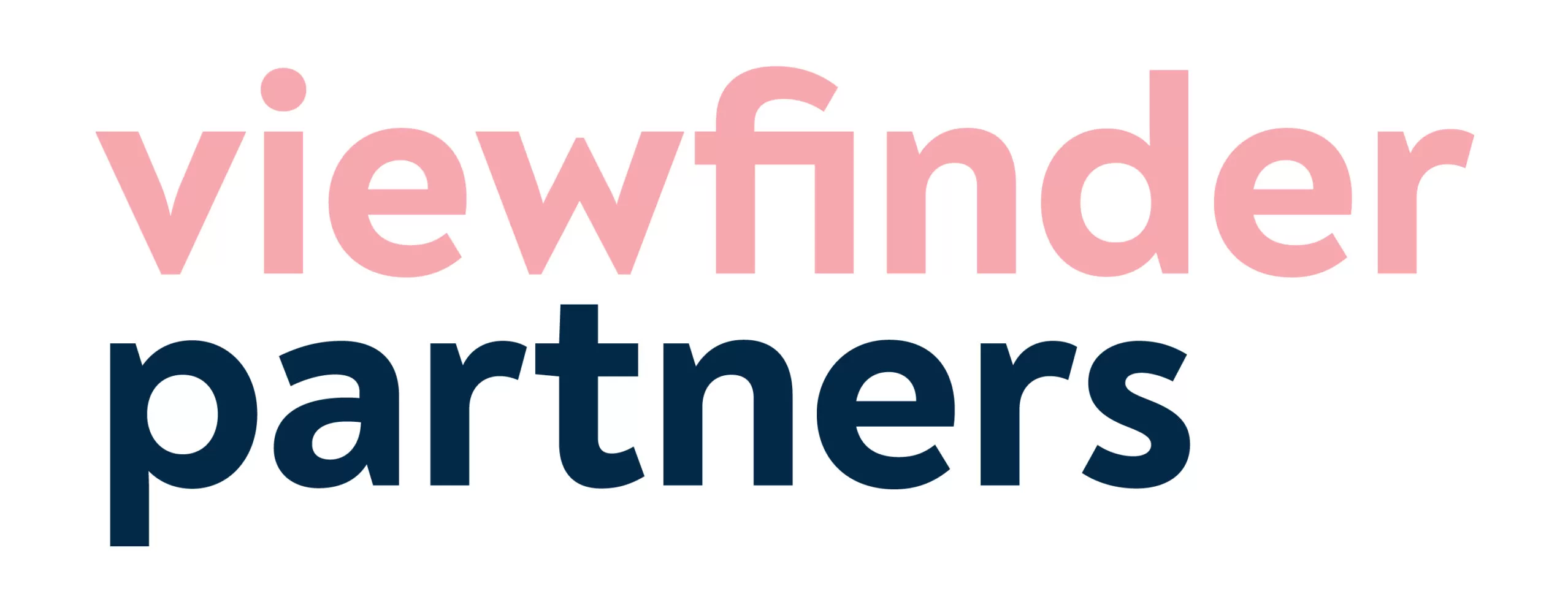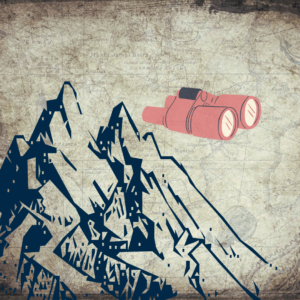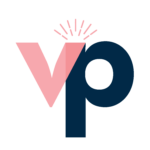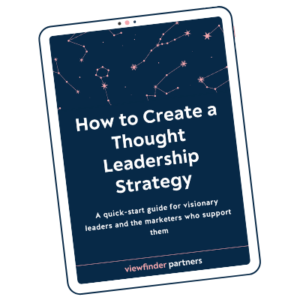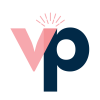Hello! Happy Friday!
I’m writing you from my own personal moment of zen.
After 7 years working at a marketing agency, my brain felt overstuffed. I felt constantly scrambled and distracted. My calendar was bursting at the seams, with back-to-back and sometimes overlapping calls. I had completely given up on trying to wrangle my inbox. I felt addicted to my phone and the shiny news it constantly delivered, but I also hated my phone and felt physically sick from so much time on my screen.
I don’t think I’m describing anything unique. From my conversations with colleagues and friends in pretty much every industry, I think most working adults feel some version of this digital strain and burnout. It’s normal. It also didn’t have much to do with my specific job. It wasn’t anyone’s fault. I had just become overscheduled and overstimulated, and I was too far in to overhaul it.
I had finally reached an exciting point in my career where I was selling people my IDEAS. But who can come up with good ideas without any white space?
I couldn’t make it work anymore. I needed a complete and total overhaul. A clean break. I needed to jump out of my old work life and into something different — into endless, luxurious white space.
I’m just a week into my new work life as a solopreneur, and while starting a new business brings PLENTY of stressors and challenges, my brain feels amazing. And while I took a major jump, I think we can all find ways to clear out more brain space and thinking time, without taking drastic measures like quitting your job.
Here are three ways I have created more blank space.
Rethink your digital habits.
One of my main problems was feeling constantly distracted and even a little addled. So earlier this year, I implemented one major change that has made a world of difference: I stopped looking at my phone first thing in the morning.
It’s so simple and obvious, but it had immediate effects. I was inspired by an article about Marie Forleo’s new book and her challenge for one writer:
For seven mornings in a row, Forleo challenged me to avoid emails, podcasts, news, phone calls, TV, texts, all of that — until I accomplished three things: I had to do something physical, write in a journal, and follow my breath for a minimum count of 10.
My version of this challenge is really simple: I don’t dive into my phone until I’ve spent time with my family, exercised, and eaten breakfast. That means I usually don’t look at my email, social media notifications or any updates from the outside world until at least 9 am.
I have two little kids, so I don’t exactly meditate first thing in the morning — I change diapers and make toast and hot-glue broken hairbows. But I do all of that without also mentally running through the ten emails I already need to respond to, or the day’s fire drills that will be waiting for me when I unlock my phone.
It’s the best life hack I’ve ever uncovered.
Find new ways to structure your daily routine around your top priorities.
I’m using my career transition as an opportunity to rethink my work day. For the past few years, I haven’t done myself many favors when it comes to scheduling. My calendar was pretty open for other people’s priorities all day long. I tried to carve out time for important projects in the morning, but I often fudged those boundaries, leaving myself with chopped-up, interrupted blocks of time. As soon as I got in the groove, it was time to stop and switch gears.
I often did my last call of the day from the preschool parking lot. I’d hang up the call and rush inside to get my daughter, barely taking a moment to breathe, and definitely not leaving myself any time to transition from work mode to parenting mode.
But now that I have the benefit of white space and a cleared-out calendar, I can rethink how I structure my day. I know that I’m most creative and productive in the mornings, so I’m holding the first two hours of the work day for writing and creative projects. I have a limited window in the afternoon for outside calls, and the rest of the evening is for my family.
Again, this tweak in how I schedule my time sounds so obvious, but for me, wiping everything clean and starting over feels like a gift.
Clean out every feed and inbox.
I’m an information maximalist. I love to read EVERYTHING. In addition to having at least three library books stacked on my nightstand at all times, I subscribe to a lot of blogs, podcasts and emails, even if they’re not immediately relevant to me, because I like watching how other people think. I gather inspiration from all kinds of unusual places, and a lot of that happens online.
And while I don’t want to squash that curiosity, I realized that by opening the digital floodgates I was also exposing myself to a lot of unfiltered noise. My podcast app includes a few key shows I really love (and regularly listen to), but they were lost amid a million podcasts I’d flagged to listen to someday. I spent a lot of time scrolling and searching to find my favorites. My email subscriptions looked the same. Even the people I’d chosen to follow on Instagram had gotten out of hand — how many minutes a month do you really need to spend following the minutiae of strangers’ lives?
All of that digital clutter wasn’t informing or inspiring me. It was an avalanche of too much information. Too many inputs.
So I went on a deleting and unsubscribing marathon. I took a Marie Kondo approach: “Does this podcast bring me joy? Do I really want to follow this Instagram account? Does this person regularly drive me crazy on Twitter? Will I ever actually open any of these emails?”
The result is a streamlined, decluttered collection of digital inputs — with extra space to add new finds as I come across them.
So here’s my charge to you. Ask yourself:
-
What habits could I rethink?
-
How could I create more empty space on my calendar?
-
What are the emails and podcasts that are clogging up my digital attention span?
